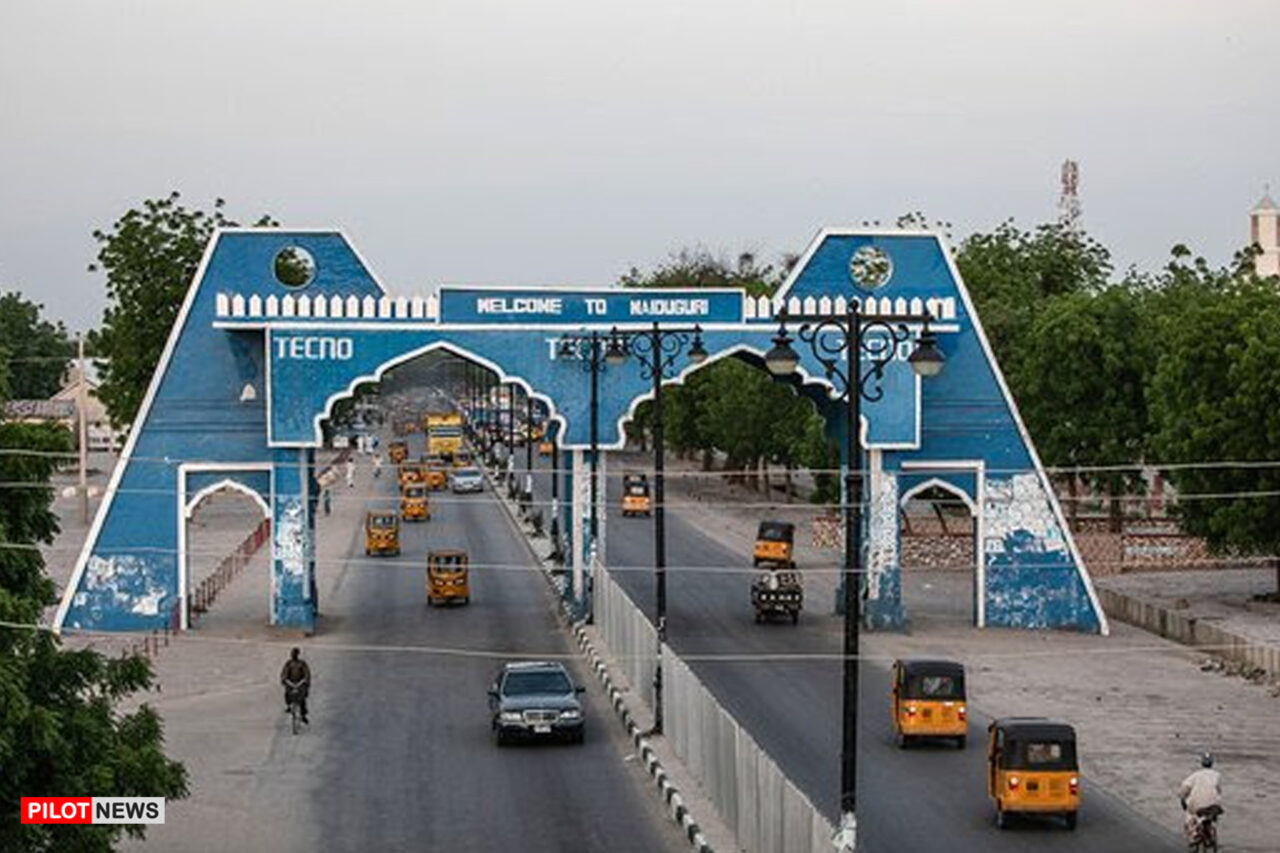The Islamic State in West Africa (ISWA) released a video of its execution-style murder of five aid workers in the northeastern Nigerian state of Borno. The victims were employees of Action Against Hunger, a Nigerian affiliate of France’s Agency for Technical Cooperation and Development, the International Rescue Committee (IRC), and REACH International. Two others appear to have been Nigerian government employees, one a “security worker” and the other a displaced persons camp coordinator.
Compared to the Shekau-led faction of Boko Haram, ISWA has tended to avoid killing Muslim civilians. They made exceptions for people working for or with the government, NGOs, or international agencies, all of which they see as “foreign” and “Western” interventions. The penchant for avoiding Muslim civilians could be eroding, however, as recent attacks indicate.
ISWA is known to kidnap its victims for ransom. If ransom fails, it then murders them, which may have been the issue here. The IRC employee in June was filmed by his captors, imploring his employer to save him.
Ransom payments appear to be an important source of funding for terrorist organizations in West Africa. Paying ransom is illegal in Nigeria. While the United States government does not pay, other governments do, though they usually deny it. Kidnapping for ransom has become a widespread criminal activity in Nigeria, with many private individuals and entities paying.
In northern Nigeria, terrorist groups filming execution-style murders is an old song. As a terror tactic, it appears to work with a population already under stress. The Nigerian security services, principally the army, have failed to defeat Boko Haram militarily, yet there is no diplomatic or other initiative underway. Nor have jihadi groups signaled any willingness to talk. In what may be a related development, soldiers are resigning in large numbers from the Nigerian army, leading at least in part to the National Assembly’s demand that all the service chiefs resign.
______
John Campbell is the Ralph Bunche senior fellow for Africa policy studies at the Council on Foreign Relations in Washington, DC. He was a former U.S. ambassador to Nigeria. He writes the blog Africa in Transition. This article first appeared in CFR.
- Anambra 2025 Governorship Election Might Be an Open Contest - April 24, 2024
- Anambra Assembly Passes Bill To Prohibit Secret Cults - April 24, 2024
- 2024 Aguata NBA Law Week: AG, Prof. Ifemeje Touts Landmarks and Expectations - April 19, 2024


